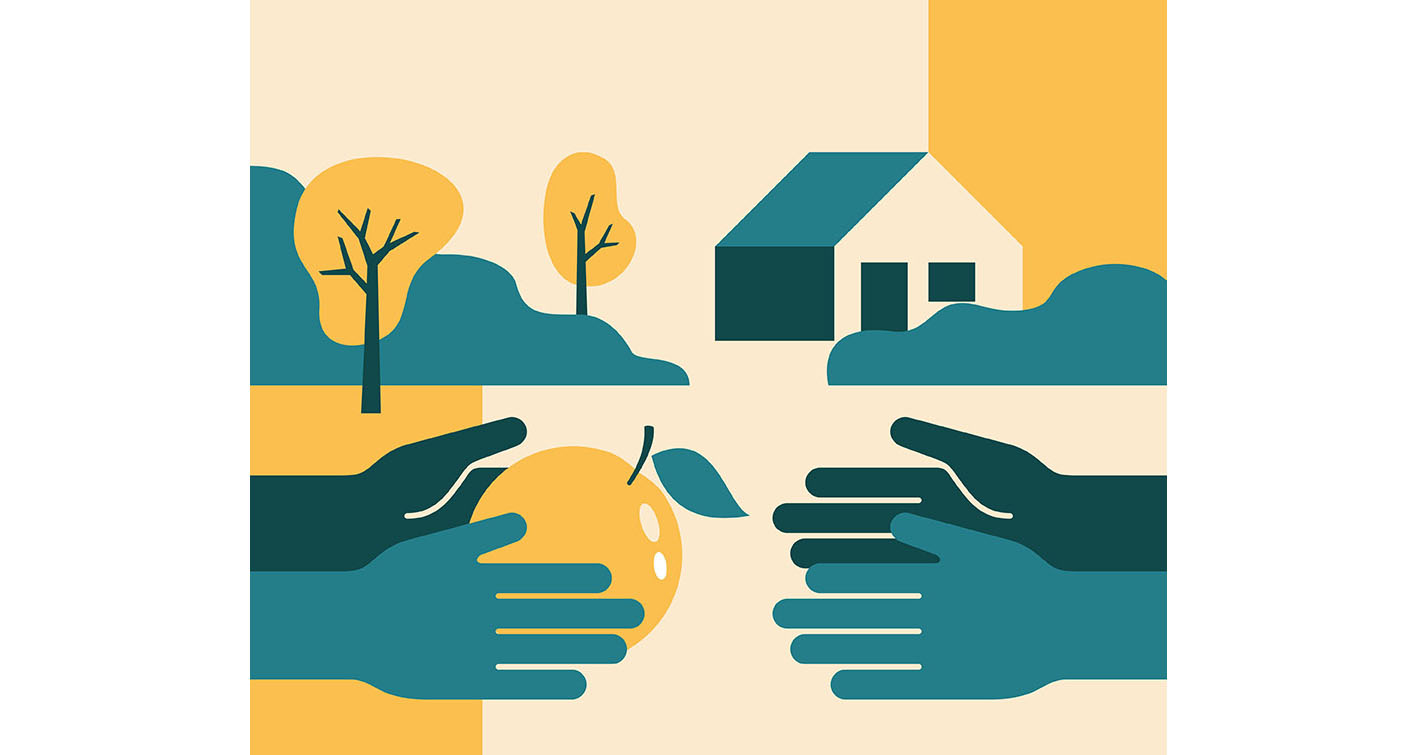By Ben Norton
India, UAE and Israel are forming a multi-lateral supply chain that should bolster food security across the Western Middle East. Although this relationship has been forming gradually over time it has become of greater importance since the global pandemic. Food security has never been so unstable, however, these three countries seem to be pushing back against the trend.
How Did The Chain Form?
Interregional cooperation between these states has recently been encouraged by the United States, with many believing the U.S. formed the ‘I2U2’ to combat Chinese influence in the Pacific. Although the corridor does suit U.S. interests and Joe Biden has been present at the meeting of heads conferences — the three countries have been forming the chain step by step for nearly a decade.
The technological and geopolitical synergies between the states create the perfect formula for multi-lateral cooperation with UAE acting as their central hub. Israel and UAE have worked hand in hand since their signing of the ‘Abraham Accords’ further boosting the efficiency of this corridor. Although they do not rely on the U.S. to facilitate the corridor’s functionality, American involvement does solidify its existence.
How Will it Work?
USD 7 billion has been earmarked for agricultural investments in India by the Emiratis. The budget will fund projects such as mega food parks, contract farming, sourcing agricultural commodities and all relevant agri-infrastructure. As well as boosting the farming sector dramatically in India, transportation facilities such as ports and highway improvements will be required in order to support integration across the Arabian Sea.
Essentially, India will be the food basket of the Middle East, while Israel and UAE will finance and facilitate its development with the latter carrying most of the weight. This can only be achieved through a radical change in India’s agricultural systems. Israel has set up 29 centres for agricultural excellence across the country that are teaching 150,000 Indian farmers best practices, as well as introducing them to clean technology to ensure the project’s sustainability.
Into the Future
The India – UAE CEPA agreement, signed in February 2022, has eliminated 90% of tariffs on mutually traded products. Since then, a similar document has been signed between Israel and UAE, creating a flow of goods between the nations that are traded seamlessly. Soon other Arab states are likely to join the chain, including countries such as Egypt and Saudi Arabia.
As this trade agreement gains momentum, it will provide more and more security to all involved. With the global food supply becoming consistently unreliable, deals such as these may be the future of global security. Not only does this food triangle facilitate trade, but it also creates greater food production from the ground up for a more prosperous tomorrow.
Click here for an in-depth discussion on the I2U2.


